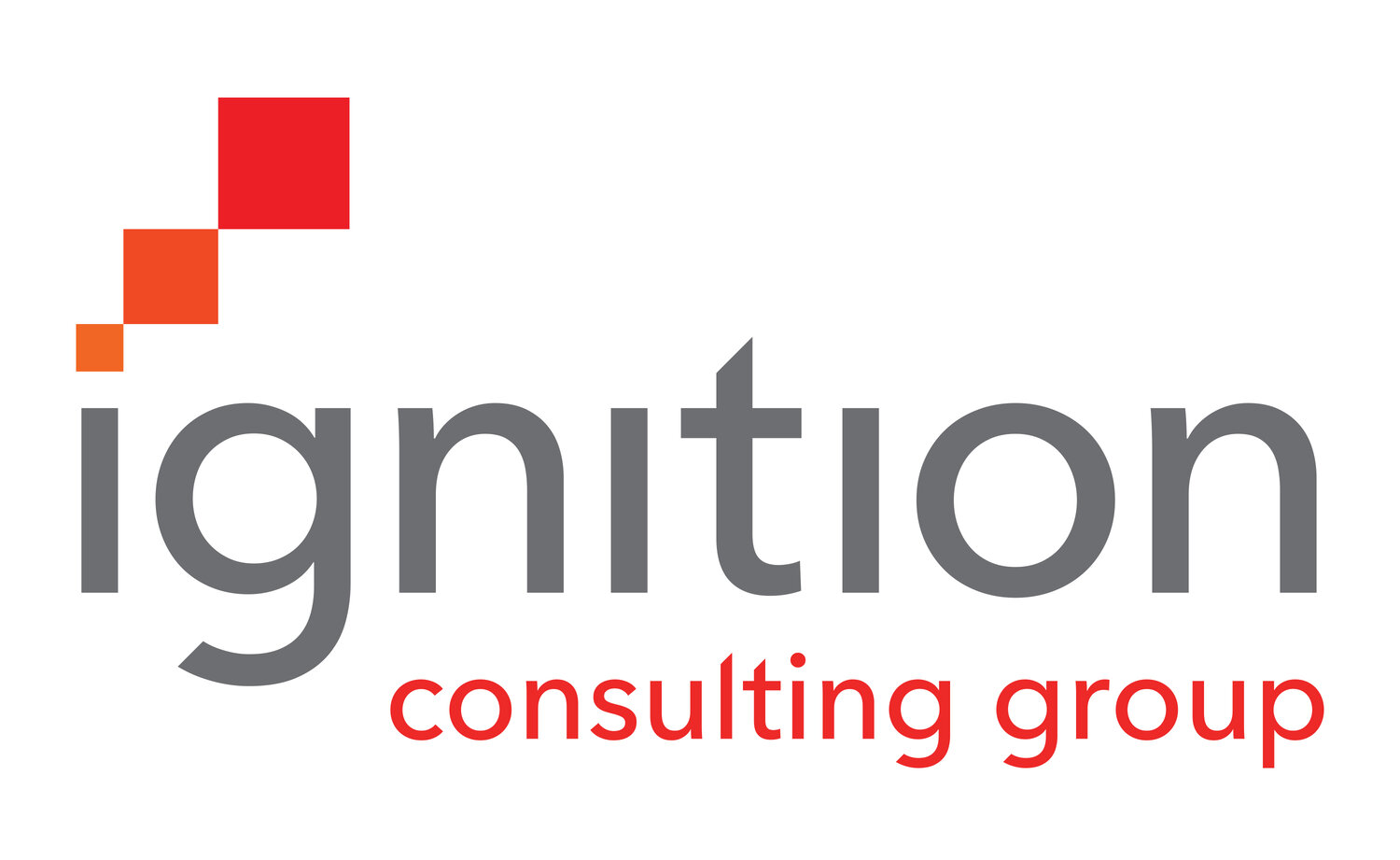Proclaiming Your Independence from the Billable Hour
By Tim Williams
There will come a time (sooner than we think) that the billable hour will completely disappear from the world of professional services. If you’re currently employed by a firm in the marketing services business, this is likely to happen within your lifetime.
The inevitability of a different revenue model for agencies means forward-thinking firms around the world are putting in place progressive new pricing strategies supported by innovative new ways to package and sell their services. Internally, this necessitates a paradigm shift among all leaders and associates away from “We sell time” to “We sell solutions to business problems.”
Communicating to your team
Constant internal communication and professional development are required to make this happen, beginning with presentations in staff meetings that clearly express the commitment management is making to transforming the firm’s revenue model. Here’s a good example:
“Recently we’ve devoted a lot of thought to different approaches to agency compensation. In particular, we have been lamenting how professional buyers at client organizations have been doing their best to chip away at our profits. Procurement departments love to know our labor costs so they can negotiate the best deal for themselves based on that cost.
Now compare that to other industries: Have you ever asked what it cost to make a car before buying one? How about a new phone? Probably not. The conversation is generally about the product and the price, and the buyer has no idea what they are buying actually costs.
With that in mind, we are going to be talking less and less to our clients about cost and more about price and value. Cost doesn’t account for the experience we bring to the table or the genius of a brilliant insight, strategy, or concept. We want to capture the value of that magic.
To help make this transformation we’re establishing a ‘Value Council,’ a small group of senior professionals who will be working to establish innovative pricing approaches for the agency. This shift won’t happen overnight, but it has already started with some of our newer clients and eventually we expect to change our pricing approaches agency-wide. Thank you in advance for helping us do a better job of capturing the value we deserve.”
Communicating to prospects
When your firm commits to a modern pricing approach, the language in RPF responses and new business presentations changes to focus on value created, not costs incurred. Here’s how one agency changed the way they respond to RFPs:
“Unlike most other agencies who offer only one standardized compensation model based on hours and time of staff, we price our services and solutions in a number of different ways depending on the goals of our clients.
In place of detailed information about our costs (direct expenses, overhead, etc). we provide detailed information about the problems we propose to solve and the value we expect to create on your behalf. Showing different combinations of program elements and deliverables keeps the discussion focused on what our clients really buy: outputs, not inputs.
We precede every scope of work discussion with a definition of scope of value; a clear articulation of expectations and desired outcomes. Because we price based on work delivered or outcomes achieved, we will never come back and ask you for more money because we spent more time.
If projects stay within their original scope definitions, we take responsibility for assigning and managing the resources needed to produce the agreed-upon outputs or outcomes. Our approach is, therefore, to provide our clients with different ways they can buy our solutions instead of our costs.”
Communicating to clients
Once the revenue model transformation program has gained enough traction internally, it will be time to communicate the change to your clients. Here’s how a prominent independent agency in the U.S. did it:
“As you know, our firm has been a long-term supporter of the concept that agencies create value in ways that really have nothing to do with hours and time.
Our view, which is increasingly supported by industry associations, is that agencies and their clients should focus not on inputs (like hours on a timesheet) but rather outputs – the value of the created product or service and its impact in the marketplace.
From our many conversations, you will also know that we see very little correlation between the cost of our staff and agency overhead and the value of the services we provide our clients.
And because of this position, we are finding it increasingly difficult to continue to ask our staff to spend considerable time each month recording hours into a timesheet system, taking valuable time away from the work they do for your brand.
With that, it is our intention that effective December 31 of this year, we will cease collecting agency-wide timesheets. This will allow us to give our full attention to what we call “scope of value” – the marketplace outcomes we’re trying to achieve for your brand – rather than spending time estimating, tracking, and reconciling hours.
Our compensation discussions will then focus less on cost and more on your business and our agreed scope of value.
We trust that you will agree this to be a smart way to continue to provide your brand with the utmost attention and look forward to discussing this with you in more detail in the weeks to come.”
* * *
It’s no coincidence that the most profitable agencies are those who have proclaimed their independence from the billable hour. This change in paradigm and practice is not only possible, it’s inevitable. By crafting language that signals your intentions to associates, prospects and clients, you can start laying the groundwork now.


